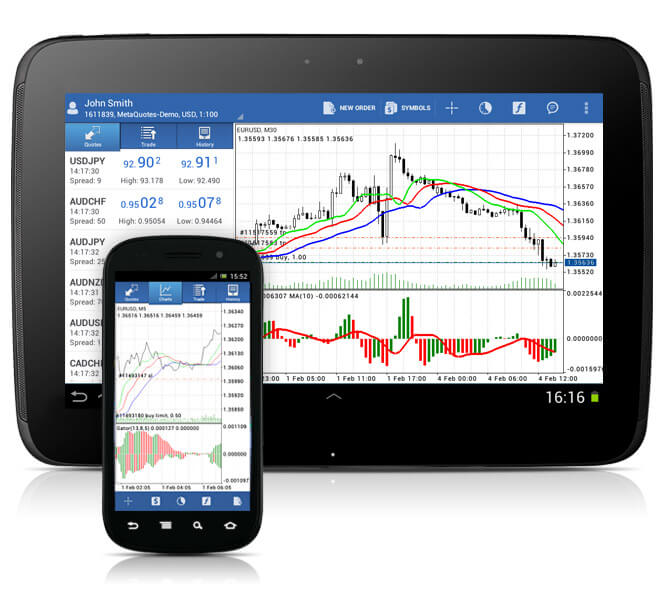When navigating the complex world of Forex trading, it’s crucial to understand that not all brokers operate under the same conditions. Trading conditions can significantly affect a trader’s experience and outcomes. Here’s a closer look at the factors contributing to these variations.
Execution Models
forex broker employ different execution models, which can affect how trades are executed. The two primary models are market maker and STP (Straight Through Processing). Market makers typically set their own bid and ask prices and may act as the counterparty to a trader’s order. This model can lead to varying spreads and execution speeds. On the other hand, STP brokers route orders directly to liquidity providers, often resulting in tighter spreads and faster execution times. Understanding these models helps traders choose a broker that aligns with their trading strategy.
Spreads and Commissions
Another significant factor influencing trading conditions is the spread, which is the difference between the bid and ask price of a currency pair. Brokers may offer fixed or variable spreads. Fixed spreads remain constant regardless of market conditions, providing predictability, while variable spreads can fluctuate based on market volatility. Additionally, some brokers charge commissions on trades, which can impact overall trading costs. Traders should assess these costs relative to their trading frequency and style to choose the most suitable broker.
Available Trading Instruments
The range of trading instruments offered by a broker can also impact trading conditions. Some brokers provide access to a wide array of currency pairs, commodities, indices, and cryptocurrencies, while others may focus exclusively on forex pairs. A diverse range of instruments can offer traders more opportunities to capitalize on market movements, allowing for a more tailored trading experience. Additionally, the availability of unique instruments can attract traders with specific strategies or interests.
Technology and Trading Platforms
The technology and platforms used by brokers can greatly influence trading conditions. A broker’s trading platform must be reliable, user-friendly, and equipped with essential tools for analysis. Advanced charting tools, automated trading capabilities, and efficient order execution are critical features that traders should consider. Brokers that invest in robust technology often provide better execution speeds and fewer technical issues, enhancing the overall trading experience.
Customer Support and Educational Resources
Finally, the quality of customer support and the availability of educational resources can vary widely among brokers. Some brokers offer extensive educational materials, including webinars, tutorials, and market analysis, which can be beneficial for both novice and experienced traders. Additionally, responsive customer support can help traders resolve issues quickly, reducing downtime and enhancing their trading experience. Brokers that prioritize these aspects tend to create a more favorable trading environment.
Conclusion
In summary, the trading conditions offered by Forex brokers can vary significantly due to factors such as execution models, spreads and commissions, available trading instruments, technology, and customer support. Understanding these differences is essential for traders looking to optimize their trading experience and align with a broker that fits their needs. By carefully evaluating these elements, traders can make informed decisions that contribute to their success in the Forex market.


